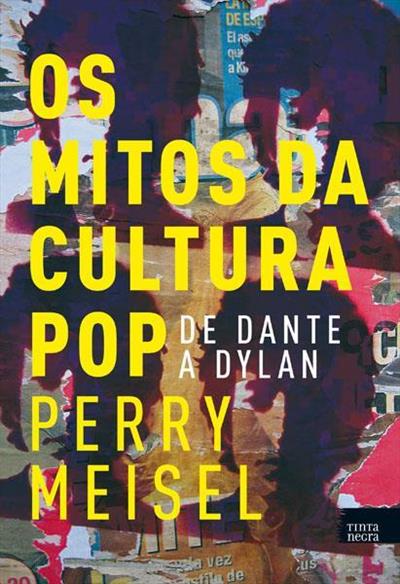Despite widespread feeling that Eric Clapton's new LP (No Reason to Cry, on RSO) is little more than routine product from the record mills in Los Angeles, two months of listening have convinced me that it's one of the meatiest pieces of rock and roll to appear in a long time. Like Bryan Ferry's Let's Stick Together and Boz Scaggs's Silk Degrees, No Reason to Cry is epistemologically coherent, although not in a verbal way; like Dave Mason's Certified Live (to single out an LP of less critical stature), it is a model of rock musicianship. Denser and weightier than Clapton's last two studio albums, it harnesses more power, craft, and subtlety than its predecessors despite some surprising lapses in taste, judgement, and even interest.
To be sure, No Reason to Cry is hardly as lucid or carefully conceived a record as 461 Ocean Boulevard or There's One in Every Crowd. It might even be accused of occasional sloppiness, though it's exactly the casualness - as a good Californian might wish to call it - that frees Clapton from the creeping neatness of There's One in Every Crowd, which failed to nurture his long-impaired capacity for power. No Reason to Cry corrects the deficiencies of the last album by returning to Clapton a context wide and free enough to let him stretch out and breathe again - a California album for sure.
Much of the new record's strength and intelligence - the sound is huge, grainy, and laden with images - is due to the collaboration that went into its making. Clapton's abiding magic as mythmaker and musician is challenged and (so) rekindled here by none other than the Band, Dylan, and lesser exiles on Sunset like Ron Wood. Nor is this just guest appearance stuff. The Band's farewell concert in San Francisco on Thanksgiving day - complete with Clapton, among other luminaries - suggested that this rock and roll rat pack has dug into California life as a loose musical community promising a future to watch.
Just about everybody contributes some songs and some singing to the record (writers include Clapton, Dylan, Danko, Manuel, and the formidable Marcy Levy), though the lyrics turn out to be just as banal as the album's detractors have claimed. The tunes themselves are a simple group of set pieces in a variety of familiar molds - country rockers ("County Jail Blues") and Band-style ballads ("All Our Past Times," "Black Summer Rain"), slow blues (Otis Rush's "Double Trouble"), and Clapton's Diddley derived stompers ("Carnival," "Hungry," "Hello Old Friend"). It's precisely the tunes' simplicity that lets you sense just how deep the feeling can be when these guys are playing in the right company. The Band is the backbone of the record, along with Jamie Oldaker's bottomless snare drum; the innumerable guitar tracks provide a background for frequently heartrending trades between Clapton and Robbie Robertson. You couldn't ask for two more classic and distinct styles in dialogue - Clapton's clean, soaring melodies and Robertson's twanging stutter tangle in a form of intimacy none of us probably ever expected to witness in real life. These instrumental displays are the real focus of the album's strength, and they proceed by means of the usual paradox that marshals energy through the tensions of restraint. No one else could have done this the way Clapton and Robertson have. The album's real coherence is in its creation of settings relaxed enough for these volatile talents to feel at ease with one another, for the cosmic circumstances of their collaboration boded a dangerous chemistry of reaction.
The album's central statement is hard to miss, delivered as it is in full chorus by all the participants in this collective enterprise: "All our past times should be forgotten," sing Clapton, Danko, Manuel, and maybe Dylan too. "All our past times should be erased." Hence the lyrics' banality throughout much of the album bespeaks the obvious: There will be no more messages - song is song, and rock musicians who are really musicians just like to play, especially when they begin to move beyond the ego hassles and bullshit that must have contorted their lives back East. No more doomsday messages because there will be no apocalypse; no more bother about self-expression because one person's pain signifies little more than another's. Indeed, the album celebrates virtues so simple and plainly musical as to be almost unworthy of the existential status we still seem to require from the Rock Art at its best. Clapton's disc doesn't say anything at all - it just makes you get up and bounce around the room. In fact, it does just what Albert Murray says blues music is supposed to do (although Murray probably wouldn't admit it). "Regardless of its lyrics," he writes in his new book, Stomping the Blues, blues music "almost always induces dance movement that is the direct opposite of resignation, retreat, or defeat."
California has always symbolized this triumph over the demon blues - its good-time resonance is obviously as intact today as it was during the Gold Rush, the mythology of which lingers in the affluence and easy living the West still promises. So Clapton's new album almost seems like a testament proclaiming the virtues of Hollywood living. One by one they've made the big move West - Dylan, the Band, and now Clapton, for whom Miami must have been just a weak intimation of L.A. dreaming. Whatever the attractions of the Empire's most romantic city may be, we'd better start taking them a little more seriously.
Originally published in The Village Voice, December 27, 1976
Sample view:




